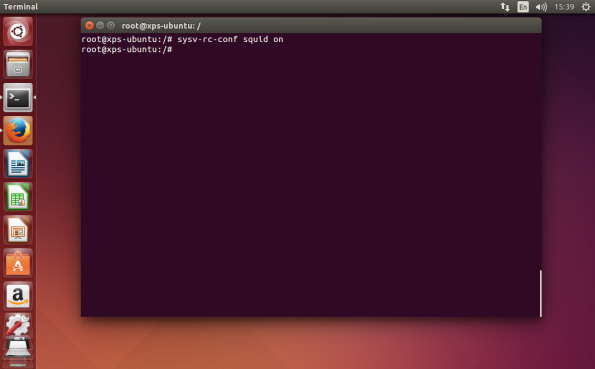Install Perl Module Ubuntu 14.04

Perl module names correspond to a.pm file path out of a necessity - not any specific rule of the languague, but because that's how perl finds them. This assumption can be used with apt-file search to determine which distro package, if any, contains that file: apt-file search '/Future/Utils.pm'There are a lot of modules with no package, however, and the easiest way to get those is directly from CPAN, for which the cpan utility provides an interactive interface. It is probably already installed if perl is. The first time you use it, it will ask to do a bit of auto-configuration.
Select the restore point that suits you best (depending on the time created etc.) and click 'Next'. How to uninstall realtek drivers windows 7 10. Do not select a Restore Point at a time when the Realtek HD Audio Manager was already missing - you certainly do not want to revert to that state.Confirm your restore point. Mark the 'Show more restore points' checkbox and it should display more restore points. If you are happy with your choice, click 'Finish' and the system restore process will begin.We hope that this article was helpful and you were able to reinstall the Realtek HD Audio Manager, and now you can use it without having any problems. Your computer will be restored to the state prior to the event detailed in the 'Description' field.

Install Perl Module Ubuntu
You probably want to su root first, so that you can install to the system rather than a user home, and so the cpan config is saved in the right place (root's home directory). Then you just install Future::Utils from the cpan prompt. Installing a module this way may require build tools if there is XS code involved; cpan will let you know about this and tell you what you need to install first. You may also sometimes require specific libraries and the development header packages for them.You can have multiple versions of a module installed, one from a distro package and one from CPAN, since they go to different places by default. The CPAN one is what will get used, however, since its path takes precedence in the @INC array - but you can change this or set $PERL5LIB (a shell environment, not perl, variable).